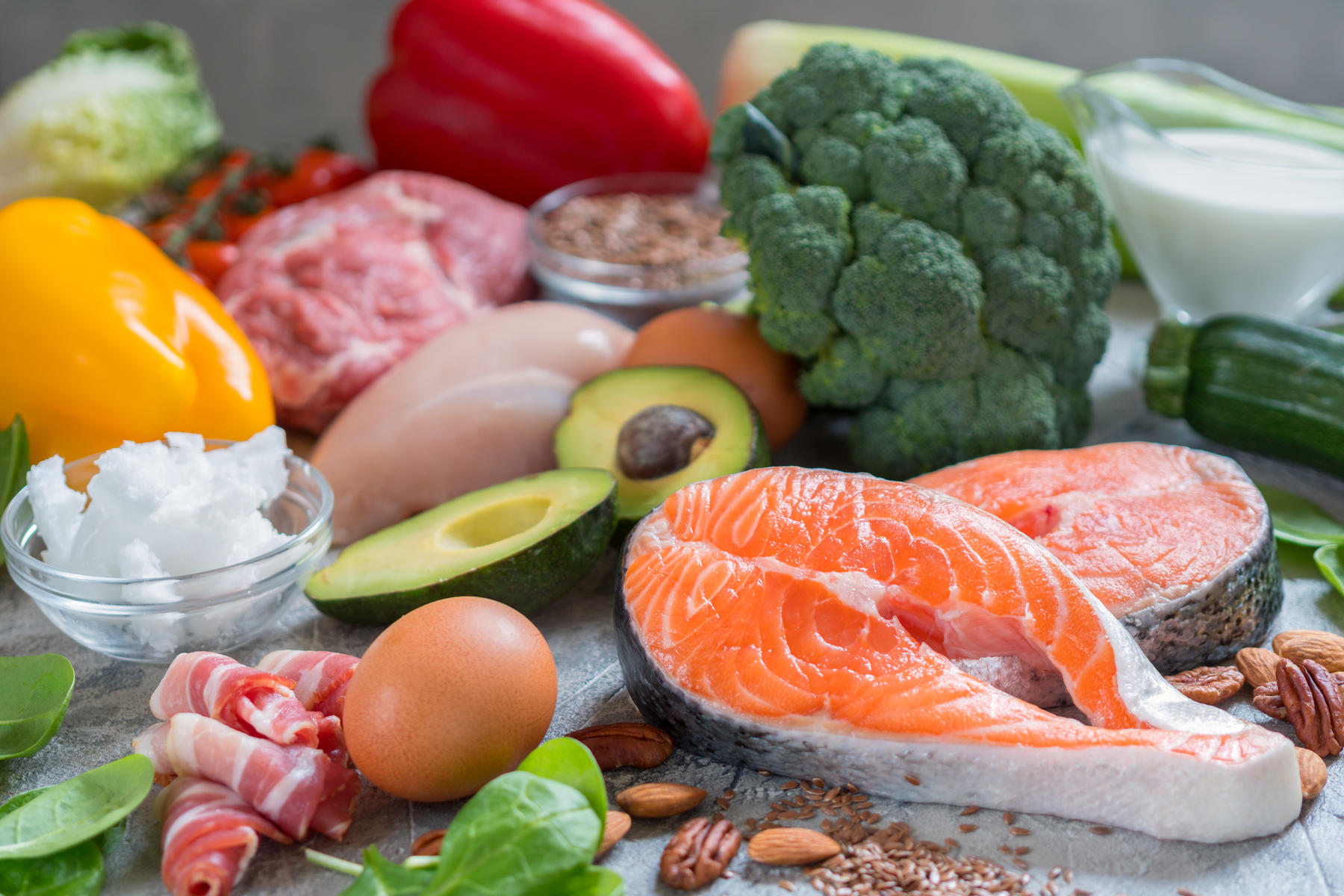
There are plenty of diets that, for me, fall under the category of "I wouldn't want to eat that way, but I'm happy if it works for you." The Paleo diet is at the top of the list. Based around the idea that we should only eat foods that our prehistoric ancestors could hunt and gather themselves, the diet centers around meat, fish, eggs, vegetables, and fruit but doesn't allow grains, beans, dairy, sugar, potatoes, and highly-processed packaged stuff. Like most eating patterns, Paleo has the potential to provide the nutrients you need if it's well planned. And there are definitely positive aspects of it, like an emphasis on fresh foods over highly processed ones.
But when I hear about kids going Paleo, it sets off some alarm bells for me as a dietitian. There was the Paleo chef who tried to publish a cookbook with a recipe for potentially-toxic Paleo infant formula (ding!). And there are lots of posts from Paleo bloggers about "getting your kids to eat Paleo" and managing a child's anger about not eating bread anymore (ding ding ding!).
Fact is, childhood is a key period for growth—not to mention a time when attitudes about food and eating are shaped. I may gain some haters with this post, but I wouldn't be doing my job if I didn't point out some key things you must know if you're thinking about getting your kids on board with this diet. Here are five things to consider:
1. Kids may not get enough calories: The Paleo diet is often turned to as a weight loss tool because the cornerstones of the diet (like veggies and meat) are especially filling—and because you cut out a lot calories by avoiding food groups like dairy and grains. It's good to feel satisfied after eating, but this diet may blunt a growing child's appetite, making it hard to get enough calories every day.
2. Kids may not get the carbs they need. Carbohydrates are the main source of fuel for the body and the brain. The Paleo diet restricts all grains, beans, and dairy (all of which are rich in carbs) in favor of lots of meat and vegetables (which are either low or devoid of carbs).
3. Kids may not get enough calcium and vitamin D. The Paleo diet excludes all dairy products, which means your kids are missing out on a major source of calcium (which builds bones) and vitamin D (which helps the body absorb calcium). You'll need to be sure you're providing other sources of these nutrients, like fortified plant-based milks.
4. Kids may receive the message that some foods are "bad" while others are "good". In my book, this triggers an unhealthy way of thinking and links emotions with food. You are not "bad" because you ate grains or "good" because you had vegetables. And kids shouldn't feel like they've failed if they ate a food from the restricted list. I worry that this kind of thinking can be damaging to kids not only in the moment but also in the long term.
5. Kids may feel deprived. You may find it easy to adhere to a Paleo diet when you're out and about. But your kids may end up feeling cheated, excluded, or resentful if they can't enjoy the cake at a party or the snack at preschool. The Paleo diet restricts a long list of foods, and restriction has been shown in research to completely backfire with some kids. These kids end up fixated on the prohibited foods–talking about them, asking for them, and seeking them out even more. A more reasonable approach is to stock your home with the foods you want your famiy to eat but allow them freedom and choices when they're elsewhere.
What are your thoughts about the Paleo diet for kids?
Sally Kuzemchak, MS, RD, is a registered dietitian and mom of two who blogs at Real Mom Nutrition, a no-judgments zone about feeding a family. She is the author of The Snacktivist's Handbook: How to Change the Junk Food Snack Culture at School, in Sports, and at Camp—and Raise Healthier Snackers at Home. She also collaborated with Cooking Light on Dinnertime Survival Guide, a cookbook for busy families. You can follow her on Facebook, Twitter, Pinterest, and Instagram. In her spare time, she loads and unloads the dishwasher. Then loads it again.

